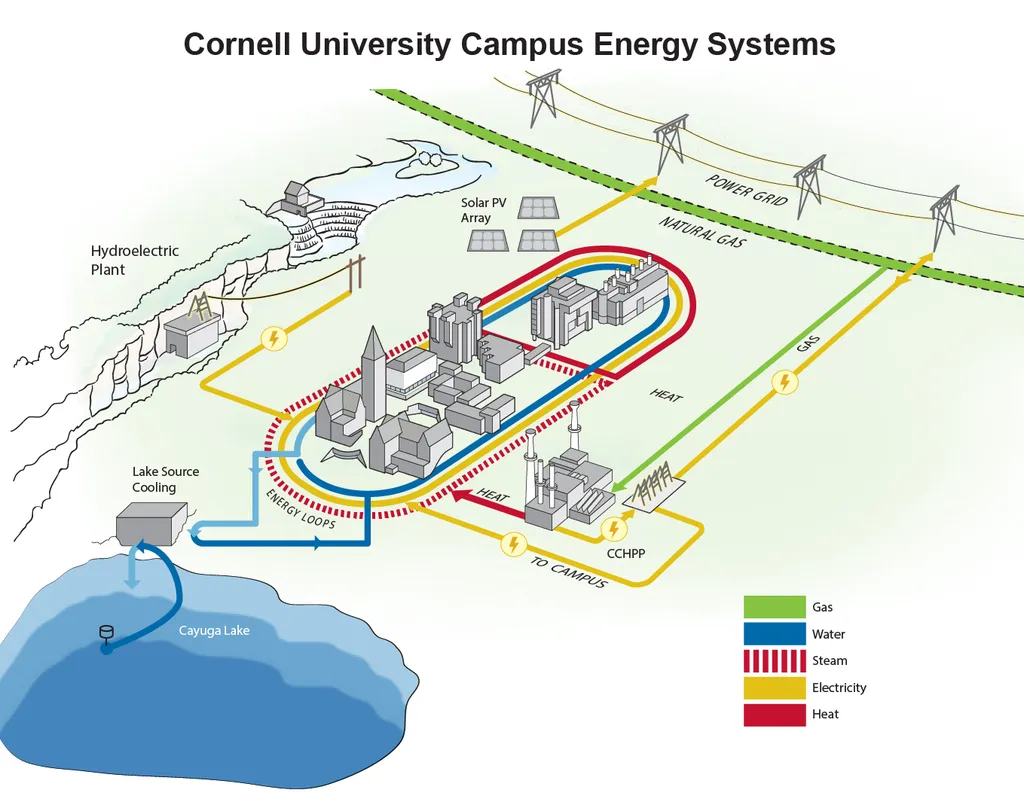Researchers Siying Li, Lang Tong, and Timothy D. Mount from Cornell University have proposed a new approach to capacity accreditation for large loads that are colocated with generation and storage resources, such as data centers or manufacturing facilities. Their work, published in the IEEE Transactions on Power Systems, aims to better integrate these hybrid resources into wholesale electricity markets while ensuring system reliability.
The team’s research focuses on the challenge of accurately assessing the capacity contributions of these colocated resources. Unlike traditional power plants, the combined capacity of a colocated resource portfolio is not simply the sum of its individual parts. To address this, the researchers developed a risk-based capacity accreditation framework that evaluates the collective reliability contribution of these resources.
The framework uses the effective load carrying capability (ELCC) metric, a measure of how much a resource can reduce the risk of load shedding. The team’s approach employs a convex optimization engine that jointly dispatches the colocated resources to minimize reliability risk. This method provides a more accurate assessment of the capacity value of these hybrid resources.
The researchers applied their methodology to a case study involving a hydrogen manufacturing facility with colocated renewable generation, storage, and fuel cell resources. This practical application demonstrates how their approach can be used to integrate such facilities into capacity markets while maintaining system reliability.
The proposed framework could have significant implications for the energy industry, particularly as more large loads like data centers and manufacturing facilities begin to colocate with generation and storage resources. By providing a more accurate method for assessing their capacity contributions, this research could facilitate the integration of these hybrid resources into wholesale electricity markets, potentially enhancing market efficiency and system reliability.
This article is based on research available at arXiv.

